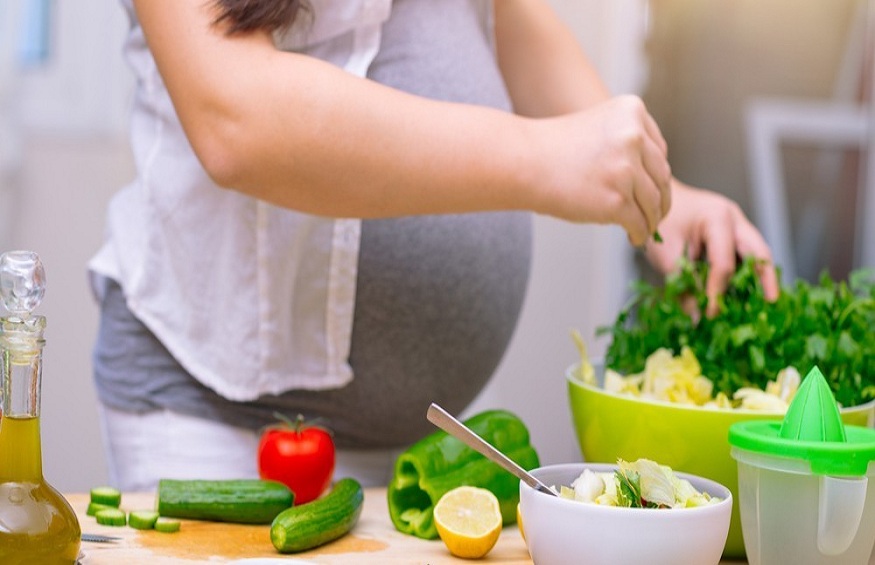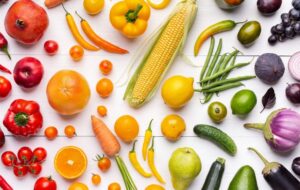Anyone pregnant has to eat well. Pregnancy-related healthy eating may improve both your health and the growth and development of the baby you are expecting.
However, if you are vegetarian when pregnant, you may experience specific concerns. The good thing is that a vegetarian or vegan diet can be followed while pregnant. The key is to consume enough nutrients. As long as you consume your prenatal vitamin, eat a balanced diet, and stay clear of processed foods, vegetarian and vegan diets are suitable to follow throughout pregnancy. If you are confused about what to eat during pregnancy, contact Jackson Heights pregnancy to get help.
Tips for vegetarians while pregnant
Grain, pulses (edible seeds that come from a legume plant, such as lentils, beans, and peas), nuts, seeds, fruit, and vegetables constitute the diet of vegetarians. Some vegetarians (lacto-ovo vegetarians) also decide to eat dairy products and eggs. Most vegans solely take plant-based cuisine. However, specific individuals—like pescatarians or flexitarians, for example—might eat various meal combinations.
Finding many of the vitamins and minerals you need during pregnancy in meats and other animal products is simpler. You can still find them elsewhere if you are a vegan or vegetarian.
Consume nutrient-rich foods
As long as you are cautious about including foods that are rich in calcium, iron, protein, and vitamin B12, a vegetarian diet will meet your pregnancy’s dietary demands.
Protein is an essential component that helps in the production of hormones and cell growth for your developing child. If you are an ovo- or Lacto-vegetarian, you may already receive all the protein you need from foods like eggs and yogurt.
1. Iron
Your blood volume roughly doubles during pregnancy to benefit you and the growth of your unborn child. Red blood cell production requires iron in order to grow. Due to this added demand, low iron levels can arise among vegetarians, vegans, and even people who eat red meat.
2. B12 vitamin
Vegans and vegetarians are in danger of vitamin B12 insufficiency since vitamin B12 can only be found in diets with animal ingredients. This vitamin is necessary for a baby’s brain to develop normally and to build blood cells and nerves.
3. Calcium
The best source of calcium is dairy products, which are crucial for the growth of your unborn child, especially during the third trimester of pregnancy. Your bone health, both during and after pregnancy, depends on it.
During your second and third pregnancies, consume more calories.
You might be worried about consuming enough calorie-dense meals as a vegan or vegetarian. You usually do not have to consume any extra calories while consuming food for two until your second or subsequent trimester.



